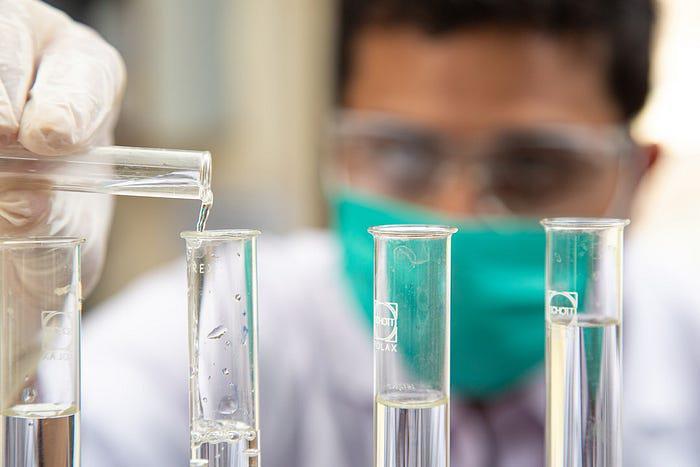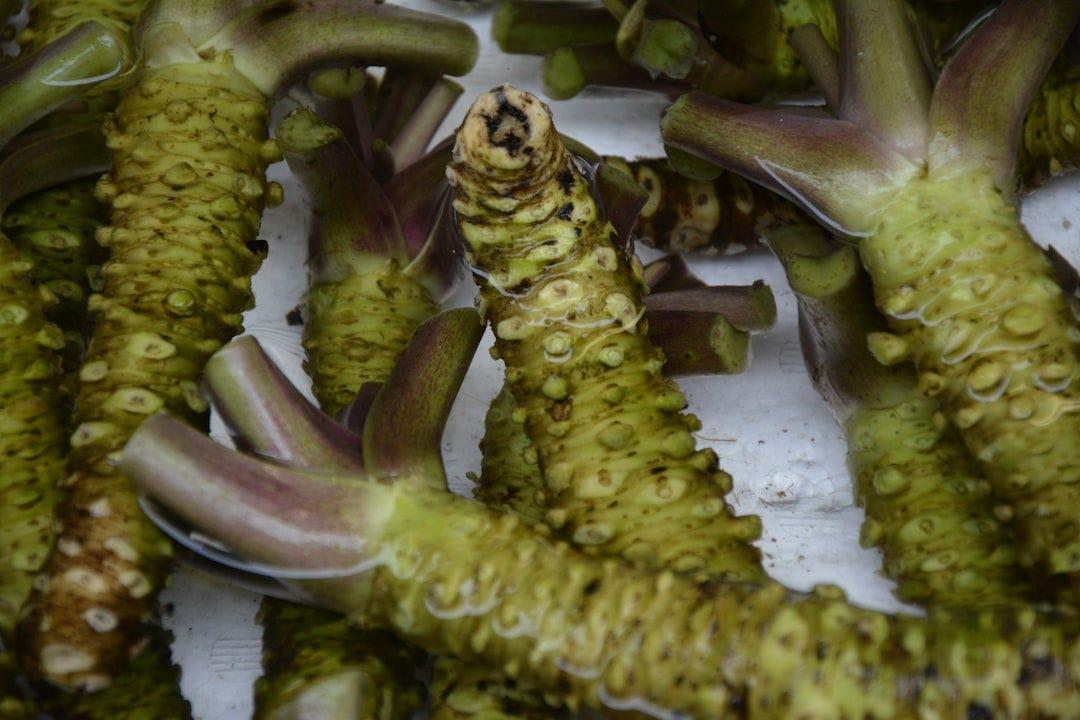Mustard is a fascinating condiment. Its development is quite difficult, and commercial operations outside of Japan largely do not have the conditions necessary to harvest what is required on Masse, which is not only rare but also very expensive. According to new headlines, aside from the mysterious aspects of expense and rarity, mustard, if people take it daily as a supplement , can cause a "real enhancement" in people's memory.
While this news seems optimistic - memory is a tricky issue, and any improvement in our ability to help the elderly remember things is a significant breakthrough - the reality is definitely a bit less useful. The research behind all this hype is not great, and the funding situation is somewhat problematic.
Let's take a look at the science behind the claims, where I can finally use the phrase Big Wasabi without irony.
Research
The paper in question is a small randomized trial recently published in the MDPI journal Nutrients. This is a rather low-quality journal, which is generally not a significant starting point for trials. The study itself is neither terrible nor brilliant - it is a rather boring example of scientific practice, but there are no issues with certain questions.

The study involved randomly assigning Japanese elderly individuals to receive either concentrated mustard powder or a placebo for 12 weeks. Participants performed a series of memory-related tasks before and after this period, and the researchers measured the differences.
Among the 12 outcomes reported by the researchers, there were no differences between the two groups in two of the outcomes. Both mustard and placebo showed improvements. For the remaining four - tasks related to episodic and working memory - the placebo group showed no changes, but the mustard group had some moderate improvements. This led to four areas where the mustard group had statistically significant differences from the placebo at the end of the trial.
